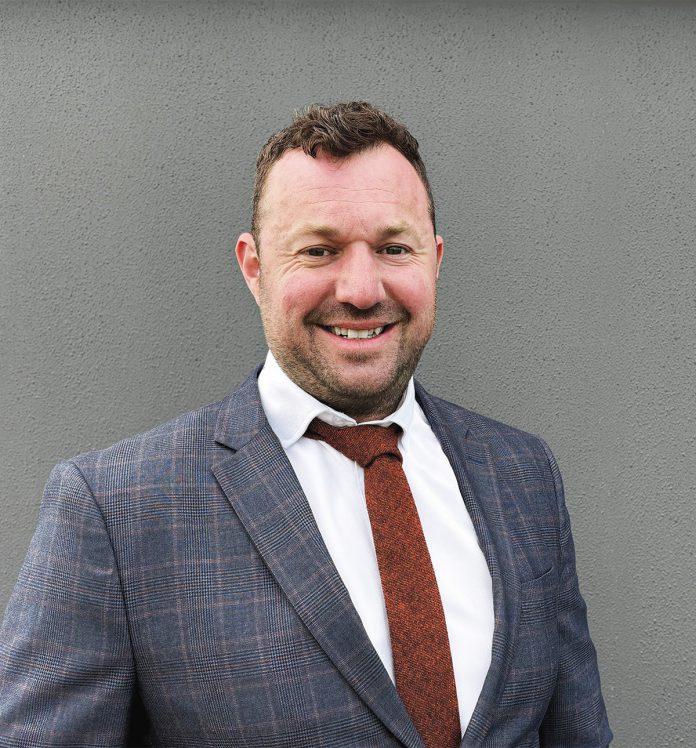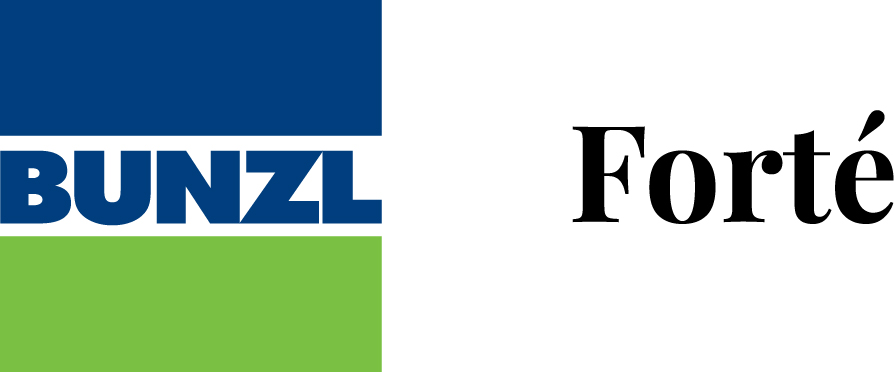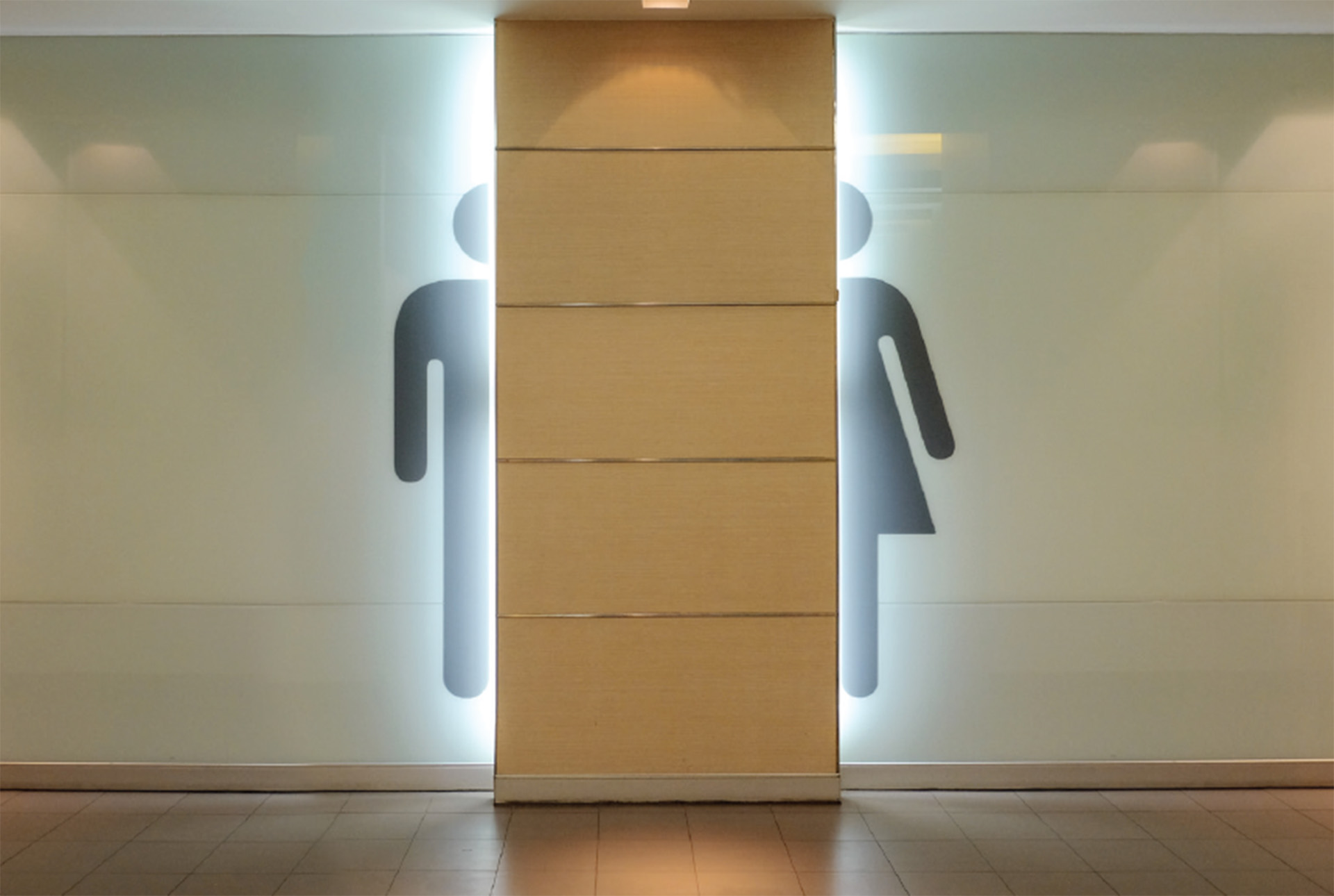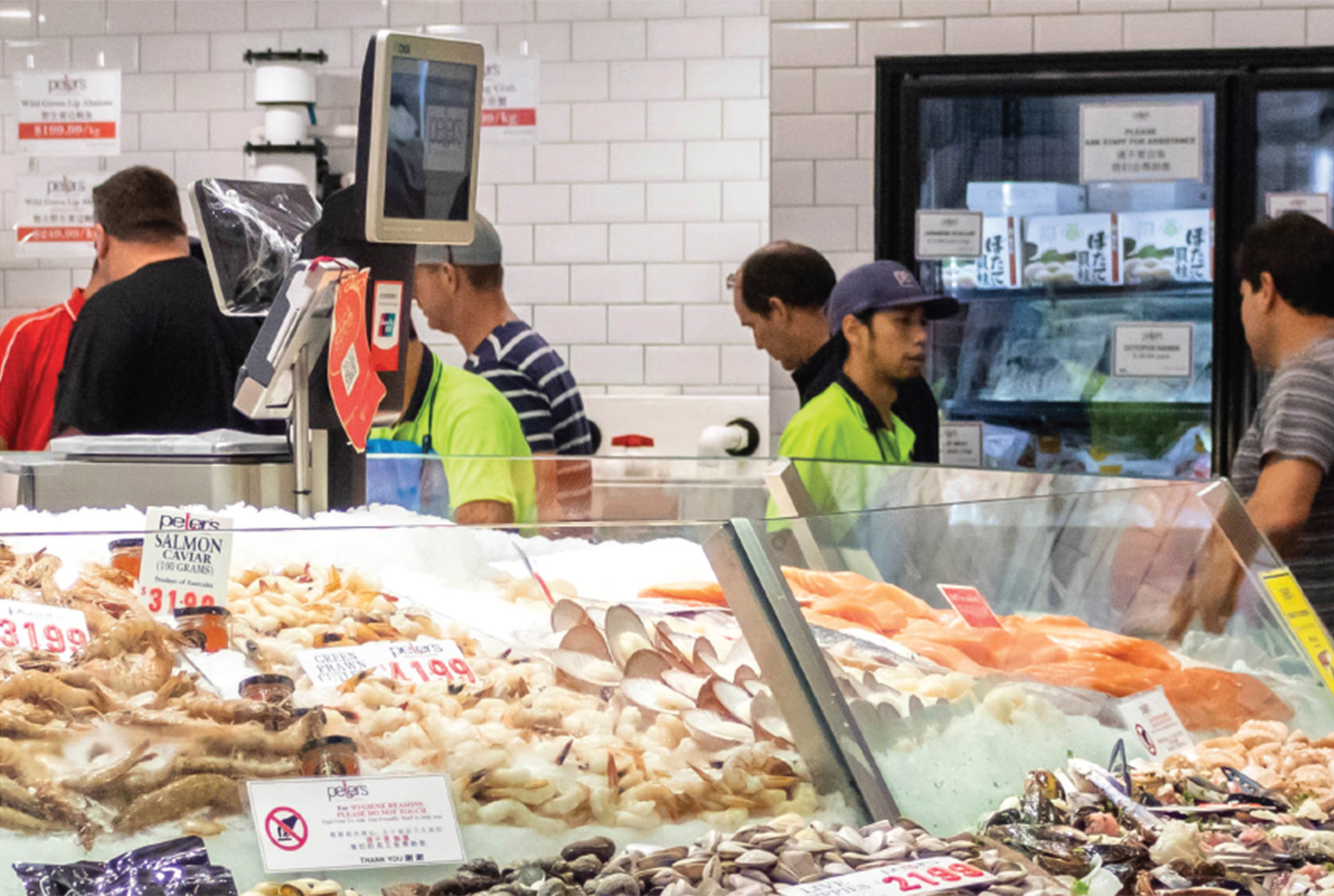
At Bunzl, our mission is to add value to our customers through simplifying the procurement of essential consumables across key categories. One of the ways we do this is by utilising the expertise and knowledge of our national sales team. In his role as Key Account Manager – Facilities Management shares how his role is underpinned by building strong and healthy relationships with clients and customers.
How did you get started in the industry?
I was working in a sales and reservations at a short-term accommodation where an external business provided the cleaning and janitorial products for our property. The owner of that business came in to do account management and two days later I was asked if I was interested in a role with her and her business.
I’d always been interested in being a rep because I wanted to be on the road instead of in an office and so I envisioned myself in sales. I was in that role for 9 years before my move to Bunzl.
What do you appreciate the most about your position?
In this job, you have to enjoy being around people and talking to a lot of different types of people – and that can also be where the challenges are. You’ve got to connect with someone who you might not typically connect with in your personal life, and you have to find a way to do it or you might lose the account.
When I think about what I used to love doing when I was younger, I realise that it was really just socialising. I like connecting with people and creating relationships – and because it’s something that I’ve always done in my personal life, I appreciate the fact that I can now do it in a professional environment.
Has there been anything particularly surprising about your role?
In my former role, I was much more on the road with more local accounts and now I’m handling international organisations that are looking for more analytical and strategic opportunities. My conversations are driven by overarching organisational goals as opposed to just price. Holistically, I’m thinking about how we’re going to make this supply chain work for you. It’s less product driven and more outcomes driven.
And because of that, the surprising part has really been how deep into the commercial side I get. I’m asked to assess how things are going to work commercially, which means that I’m dealing with a lot of other departments in the pursuit of – what is ultimately – me just going to have a conversation with a client. I might need to speak to category about products, marketing about supporting material for a presentation, and sustainability about the language when engaging about ESG (Environmental, Social, Governance) goals. So, the surprising part is how many different departments have to work in relative harmony for me to execute my role.
What do you think is most important when it comes to your role?
The most important part of my role is working effectively to meet my clients needs. We’re dealing with these big Facilities Management companies, who service everyone from stadiums, to prisons, hospitals or even just an office building. My role is to be able to provide them a solution that is specific to their needs. And that’s about listening and discovering.
I think about what they’re looking to achieve and build a framework of what I think will be the best solution for them as opposed to just selling them a product. It’s about asking questions, discovering their needs and pulling together a solution that works on multiple fronts.
What have been some major highlights in your career?
Prior to Bunzl, a big highlight was being able to work at a company for such an extended period and work on sales cycles that took multiple years.
At Bunzl, it’s having the opportunity to take on and manage large complex accounts and work internally and externally to get the best outcome for clients. There’s a lot of plates spinning in the national team and being able to negotiate things so that they don’t topple is a fun challenge.
What are you excited to see more of in the future?
Being at the ISSA conference recently and seeing the robotics, AI and new software coming into our industry. There’s always been this fear of robots replacing humans or software tracking our movements, but at the end of the day it comes down to how we can help our clients work better.
This technology can help create a more beneficial process by analysing data so that you know where to send staff and when. In washroom, being able to track the levels of paper in a dispenser or knowing the traffic of people going in and out, means that you can plan your cleaner’s day to be the most efficient and effective. And in the washroom space, where it’s about never seeing the cleaner yet ensuring that these areas are always clean, these technological aspects are incredibly exciting.








